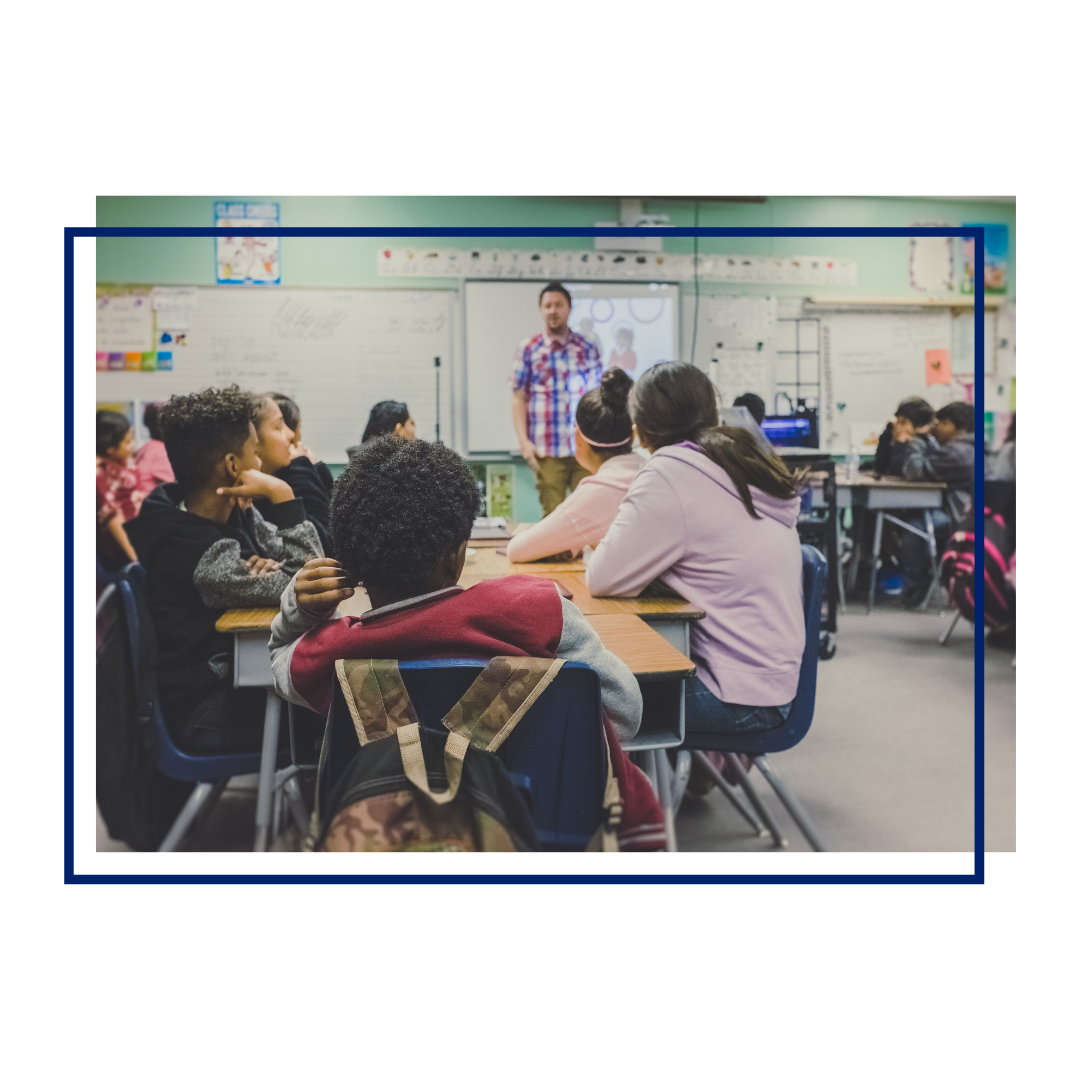School Success for a Disabled Child

School Success for a Child with Disabilities
Legal Aid attorney Currey Hitchens has been tirelessly representing students and their families throughout the pandemic. Her work? Education law. The bulk of her work is focused on Individualized Education Plans — targeted plans that address the needs of students with disabilities.
Currey is aiming to grow this work — to train volunteer attorneys so that we can reach even more families in Georgia with these vital services. Working together as a cohort, volunteers and Legal Aid attorneys will learn in collaboration how to better support students. Currey’s work specifically focuses on what we call “kinship caregiver families”. In these families, children are raised and cared for by relatives — like grandparents, aunts, or older siblings.
We spoke with Currey on an education case she’ been working on.
As Legal Aid lawyer Currey Hitchens explains, “There are many lawsuits against this program, including one from the Department of Justice, which say that this program isn’t adequately educating kids and isn’t providing equal services as regular schools. At these schools, students with behavior-related disabilities are separated from other students. They don’t have access to sports teams or extracurriculars, and they’re not getting an equal education in the classroom.”
Currey and other Legal Aid staff worked tirelessly to improve Shannon’s school placements. We were able to first shift her into a regional special education classroom, which was focused more holistically on the overall needs of the student, instead of being solely focused on behavior. Still, the Legal Aid staff wanted more for Shannon, and continued to advocate for her rights.
In one meeting with the school trying to advocate for Shannon’s needs, Ms. Letter broke down. Through tears, she said, “Look, if you don’t give her a chance, she can’t show you what she can do. You have to let her try.”
Currey agreed. “She can do this,” Currey said. “And the only reason she doesn’t have the skills is because the school didn’t teach her when she was in elementary school. It’s not her fault that she doesn’t have these skills.”
With this advocacy, we got her on a schedule where she gets to switch classes with other students. She spends part of her time in small groups with a special education teacher, and then she switches to a general education classroom with the support of a parapro.
Over the summer, Shannon got into a much closer charter school, where she is doing well. And with Legal Aid’s help, Shannon’s confidence in her own abilities is growing: she aims to graduate with a regular diploma with the rest of her class.
*name changed to protect client confidentiality
